Amazon: GenAI could become most transformational tech for retail sector since arrival of the internet
Retail is being taken for granted by government and the second hand market is now growing faster than fast fashion, while Coca-Cola Europacific Partners’ VP warns the UK risks becoming the ‘dirty man of Europe.’
These were just a few of the findings from last week’s LIVE: Retail Week x Grocer event, a two-day affair where 150 speakers from some of the biggest names in retail and FMCG debated the issues surrounding the future of the sector.
1,000 delegates from more than 450 companies attended this year’s event, and Amazon’s UK Country Manager, John Boumphrey, Primark’s CEO, Paul Marchant and JD Sports and BRC chair, Andy Higginson, were among the speakers.
‘Retail is taken for granted’
JD Sports and BRC Chair, Andy Higginson, argued that “retail is taken for granted” by UK government as he spoke about the size of the sector and its contribution to the economy.
“The role of retail is one that the government should welcome. We employ a lot of people everywhere, up and down the country. We are in every town and every city” he said. “We are huge contributors to the tax system, which is completely disproportionate to the size of the industry.”
He called for the government to treat retail “with a little more respect and a little more weight,” adding that it will be the industry’s job to work with whichever government gets elected this year, and to lobby for a healthy business environment.
“What we ask them to do is play their part and create an economic framework that is positive and progressive and provides a level playing field.”
AI will ‘enhance jobs, not replace them’
Generative AI could become the “most transformational technology for the retail industry since the arrival of the internet” according to Amazon’s UK Country Manager John Boumphrey.
But, he said, AI would also enhance workers’ lives, while Waitrose’s Head of Retail Operations Peter Finegan told LIVE 2024 delegates that it was using AI to “help colleagues working in stores, not replace them.”
Spending on technologies like AI should always be looked at alongside investments in people, Boumphrey added, and said that Amazon’s roll-out of 500,000 robots over the last decade had in turn created one million new jobs.
“The fear suggested by someone who started down this path was that robotics would replace people. In fact, the opposite has happened,” he said.
“Robots have enhanced the lives of workers, not replaced them, and I’m confident that in a few years’ time we’ll be able to say the same thing about the impact of generative AI.”
The UK could become the ‘dirty man of Europe’
Julian Hunt, Vice President at Coca-Cola Europacific Partners, warned the country risked becoming the “dirty man of Europe” if it failed pass new legislation on a UK wide deposit return scheme (DRS) for drinks containers.
“We still have a lack of clarity across Great Britain. We’ve still got concerns that we could end up with three different schemes,” he told LIVE 2024. “That is not just bad for business and bad for consumers but bad for the environment.”
“My plea to policymakers, on behalf of the beverage sector, is we really can’t have the UK being the dirty man of Europe when it comes to this. It’s really time that the four governments come together and start to sort this out.”
‘Online is the new car boot sale’
The demographics of people buying pre-loved fashion are broadening as its availability grows, according to eBay’s head of pre-loved Lucy Peacock, who said that its data showed shoppers of all ages were now using eBay to buy second-hand items.
“The younger generation made it second nature to shop second hand and this has inspired more and more people and generations to embrace second hand,” added Depop’s Director of Sustainability and DEI, Justine Porterie.
Charity Super.Mkt’s Co-founder Maria Chenoweth said that as much as she remains “old fashioned” and favours bricks and mortar retail, online has taken over in the world of pre-loved fashion: “Online is the new car boot sale.”
And River Island Sustainability Lead Rachael Franklin said physical retailers risk being left behind if they fail to take this into account.
“I think you’ve got to integrate sustainability into everything that you do now,” she said. “As a retailer on the high street, we know that the second hand market is growing faster than the fast-fashion market.”
Retail workers’ mental health
Four in five retail workers are now experiencing declining wellbeing according to industry charity Retail Trust’s Chief Executive Chris Brook-Carter who told LIVE 2024 delegates that issues like rising levels of retail crime and abuse and the high cost-of-living was damaging people’s mental health.
In response, the Retail Trust has launched a new platform that is using generative AI to help retailers including Next and Face identify key wellbeing trends and generate recommendations on how to reduce absenteeism and presenteeism and increase staff retention.
It also calculates the financial value to the business of any initiatives to improve mental health, to secure buy-in from leaders.
Meanwhile, Kingfisher’s Inclusion and Diversity Lead Melissa King said it had launched a business wide ‘ally-ship’ programme to unite its workforce and better educate colleagues on how to be effective allies and call out exclusivity, with a total of 27,000 hours now invested by staff.
















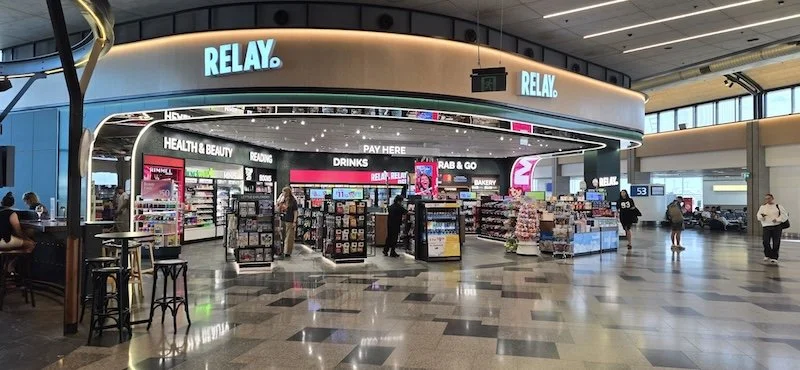

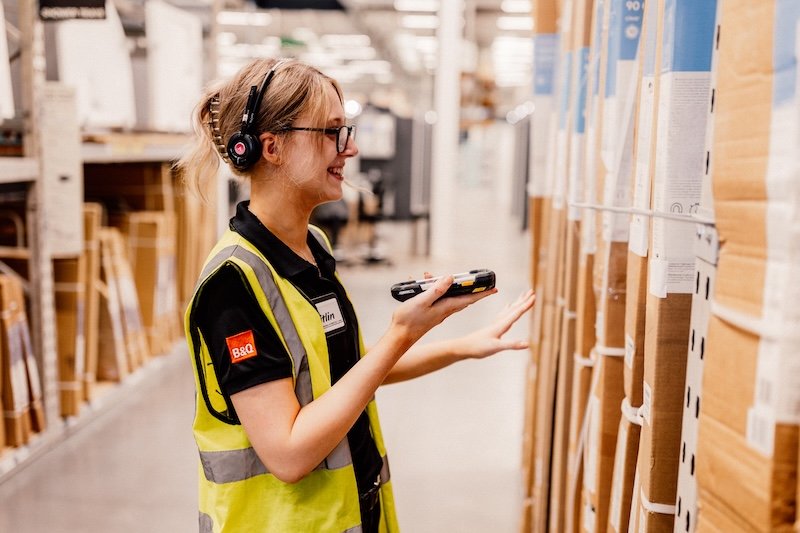
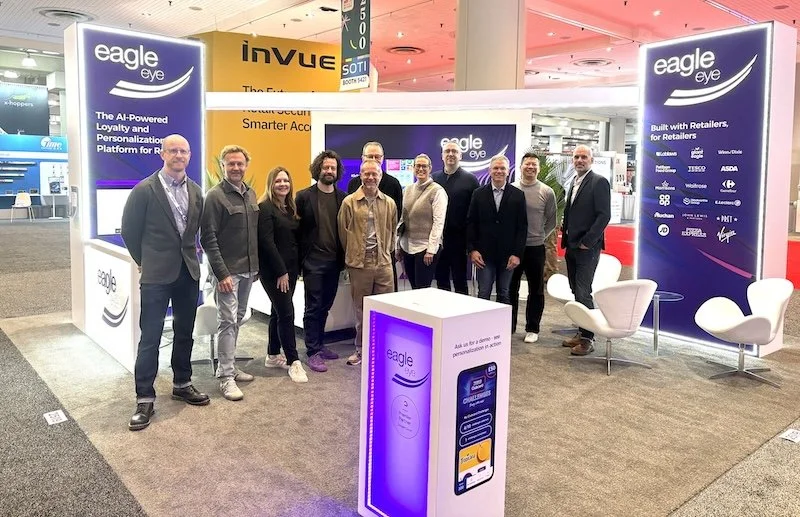
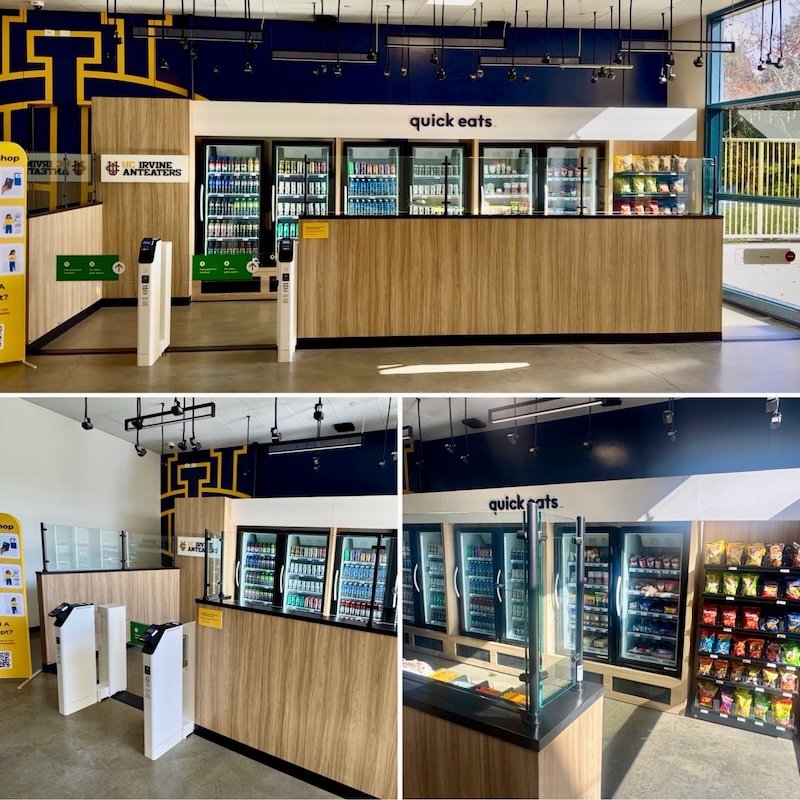
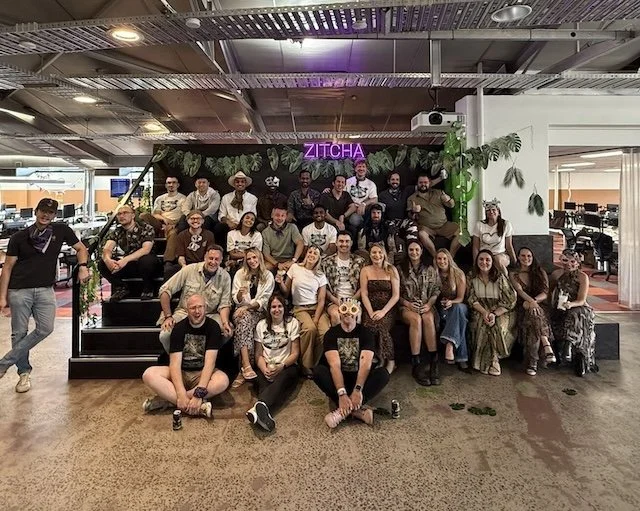


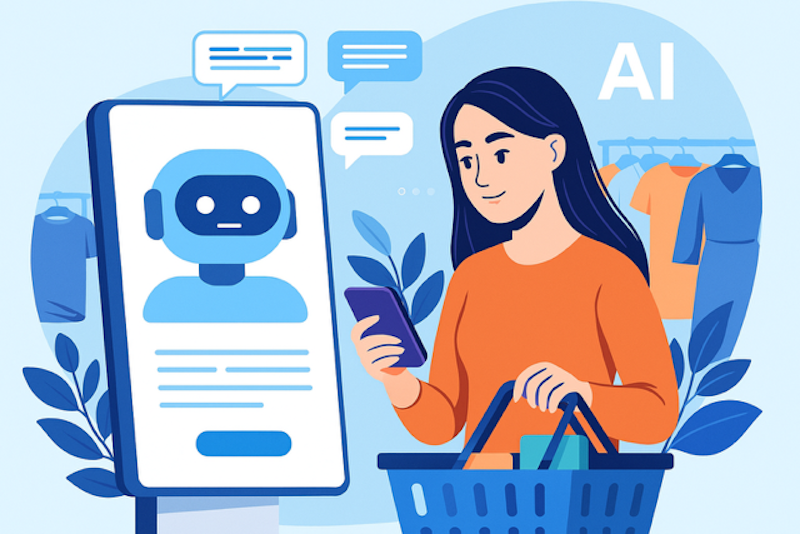

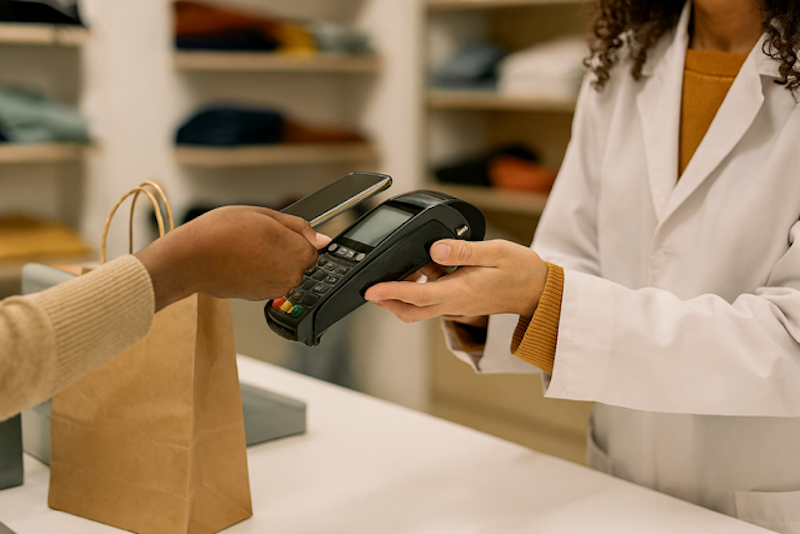
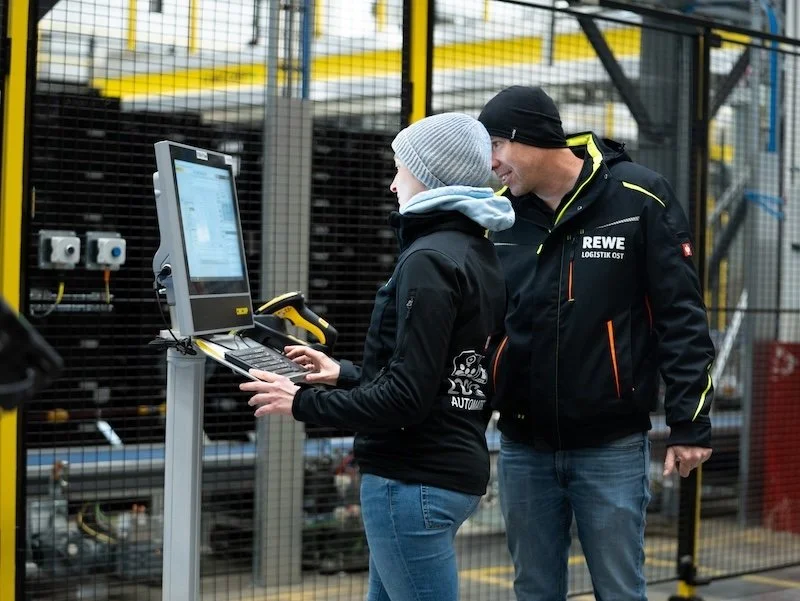
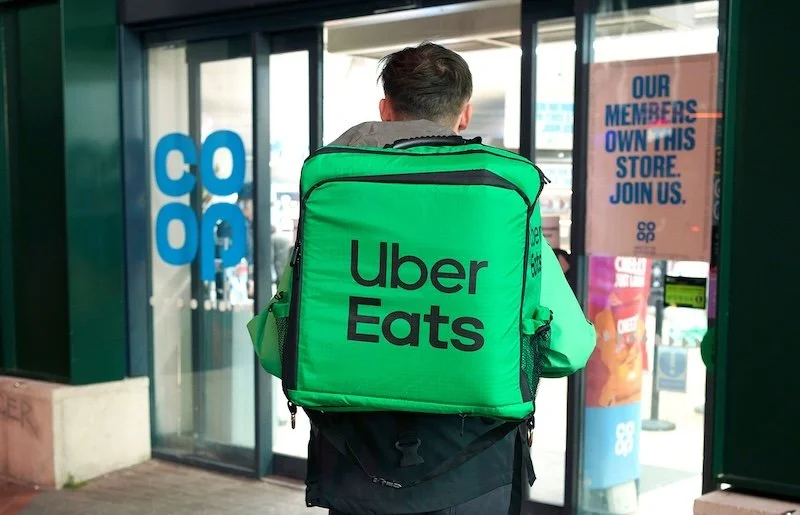


Continue reading…